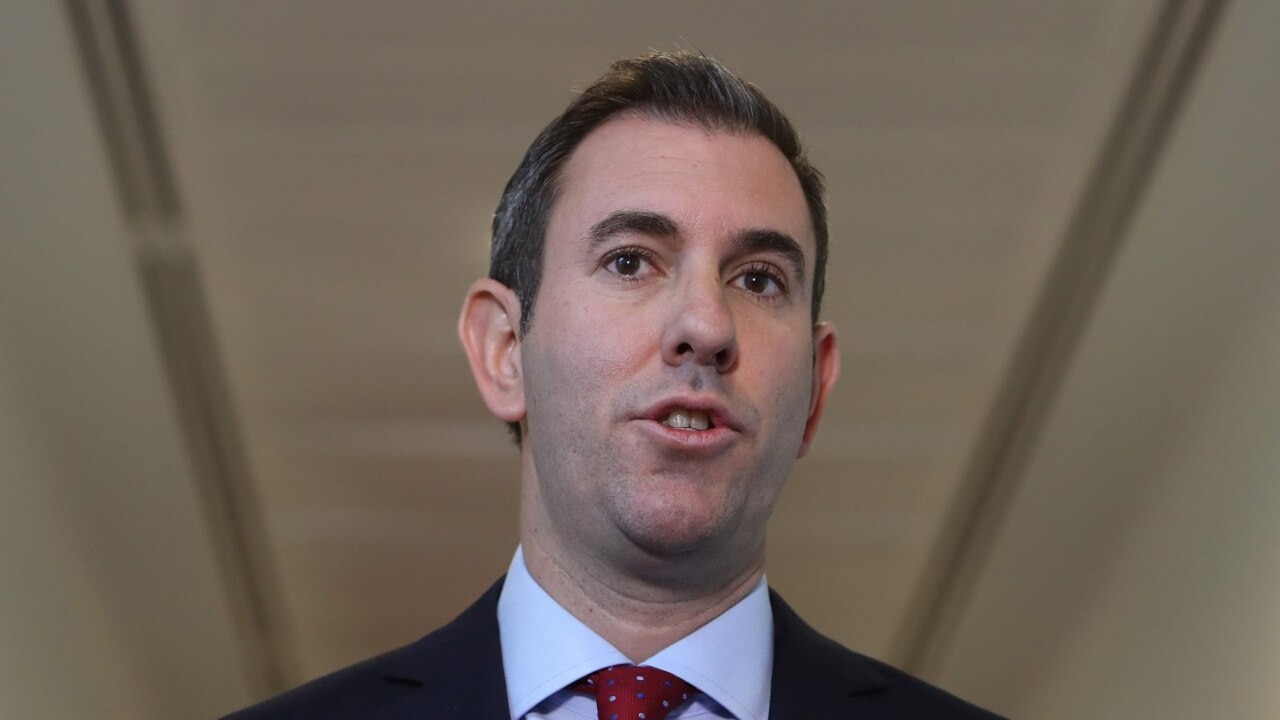James Campbell: Breaking his election promise will be risky for Anthony Albanese
As Tony Abbott and Julia Gillard proved breaking an election promise can come at a heavy cost so junking the stage three tax cuts could come back to haunt him at the polls or in the party room, writes James Campbell.

Until last week the Canberra consensus on the Stage 3 tax cuts which come into effect in July 2024 was that even if they ended up being scrapped they were safe for now.
Sure plenty of Labor camp followers might hate that Albo went to the election swearing to keep them, but a promise is a promise.
You can’t stand up in May and say to people ‘vote for me and I guarantee you’ll get legislated tax cuts’ then turn around in October and say ‘sorry China, situation’s changed’.
Well you can but you’ll pay a price as Paul Keating found out in 1993 when he junked the L-A-W tax cuts that helped him at that year’s election.
The PM won’t need reminding of this of course, he was elected at the next election, the one that saw Labor begin 11 years in the wilderness.
Having been as a senior Minister in her government he will also no doubt have vivid memories of the fate of Julia Gillard after she reneged on her promise “there will be no carbon tax under the government I lead”.
And if that weren’t enough history, there’s the cautionary tale of Tony “No cuts to education, no cuts to health … and no cuts to the ABC or SBS” Abbott, who was gone within 18 months of breaking election promises in the 2014 budget.
So, yes, for all the above, most observers had sort of decided that however much they might dream of dumping the tax cuts, when it came to the crunch they wouldn’t dare in this budget.
Maybe later on – there’s another two budgets – before they come into effect, but not now.
But then last week what had seemed settled was up clearly up in the air with every day seeming to bring reports of Very Bad Things to be announced on budget night that might require a rethink.

Asked on Friday to clarify if he planned to amend the cuts, the PM said “the Government hasn’t changed our position.”
Was that a yes?
“There’s been meetings, obviously, this week about ERC and our processes. We’ll continue to get on with making sure that we deliver a budget that is responsible, that acknowledges the pressures that are on it.”
Not exactly a full-throated endorsement of the status quo is it?
The Opposition was quick off the mark to point out who stands to lose if they are scrapped completely, which is everybody with a taxable income of more than $45,000.
That almost certainly won’t happen, the government will probably only scrap them for higher income earners, most likely for everyone earning more than $180,000 a year.
As reported the political impact of cutting them completely would be felt deeply in the Teal seats that moved away from the Liberal Party in May.
But not only there it would also affect aspirational Labor seats.
Surprisingly these seats would feel the impact more deeply than some of the richest parts of the country.
For example, the second most affected seat in Sydney would be Greenway, which includes Blacktown, Seven Hills and Lalor Park, while Wentworth which includes the most expensive real estate in Australia – Point Piper, Double Bay and Bellevue Hill – doesn’t crack the Top 10.
At first glance this looks wrong.
How could it possibly be that fewer people in the country’s richest seats will benefit from tax cuts that go to everyone earning more than $45,000, than people in the seats where their cleaners live?
Are there really more people in Point Piper making-do on less than $45,000 than in Blacktown?
Of course there aren’t – the data only captures taxable income.
No doubt there will be some people in these expensive places getting by on the aged pension but one suspects this apparent anomaly is largely explained by Peter Costello’s decision to make income from superannuation income tax free.
That and franking credits and family trusts and a few other bits and bobs.
You could argue of course that these tax arrangements are available to everyone and technically you would be right, but only in the same way, as the old joke goes, the Ritz Hotel is open to rich and poor alike.
You could argue too that Labor made solemn promises before it was elected that it would leave these giggles alone.
But if they’re going to start breaking promises – and I should stress this is a matter for them – why start with the one to cut the taxes of middle-income earners?
If Albo and Jim Chalmers are going to wear the political damage they are sure to get from ripping up their commitments to the Australian people in the name of delivering “a budget that is responsible,” let’s put everything on the table.
That looks unlikely, instead the Government seems to be betting it won’t wear much heat if it just abolishes the plan to move the threshold at which the top rate of 45 cents-in-the-dollar kicks-in from $180,000 to $200,000.
On the face this is the most “unfair” part of the tax package, but remember the present threshold was set way back in 2008 meaning that for its’ been effectively dropping for 14 and will continue to until 2024.
Guardian readers should relax, we’ll still have a progressive tax system if Stage 3 stays.





